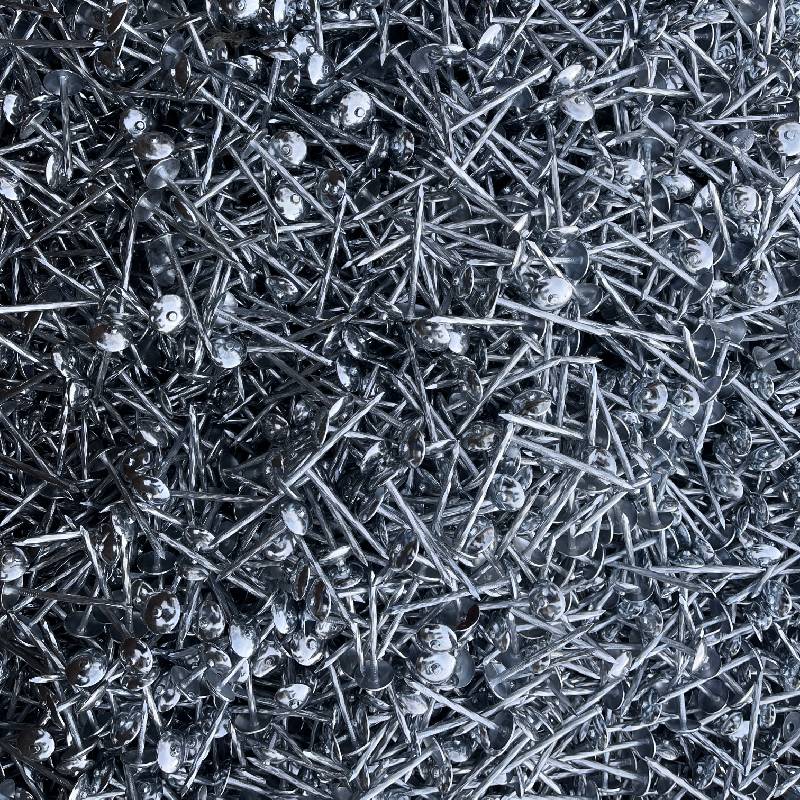High-Strength Steel Wire for Durable Construction and Industrial Applications
The Versatility and Strength of Soft Steel Wire
Soft steel wire, a material that often goes unnoticed in the grand tapestry of industrial and everyday applications, plays a pivotal role in many sectors. Its unique properties, including exceptional tensile strength, ductility, and ease of fabrication, make it an ideal choice for a variety of uses. This article delves into the characteristics, production processes, applications, and advantages of soft steel wire, highlighting its significance in modern manufacturing and construction.
Understanding Soft Steel Wire
Soft steel wire, also known as mild steel wire, is primarily composed of iron with a low carbon content, typically less than 0.3%. This low carbon content grants it softness, making it malleable and ductile. Unlike high-carbon steel, which is harder and more brittle, soft steel wire can be easily bent and shaped without cracking or breaking. The standout feature of soft steel wire is its ability to endure significant elongation before failure, making it ideal for applications that require flexibility and strength in tandem.
Production of Soft Steel Wire
The manufacturing process of soft steel wire involves several key steps. Initially, steel is produced through the basic oxygen process or electric arc furnace methods, followed by casting into billets. These billets are heated and then passed through a series of rollers in a process called wire drawing. This process reduces the diameter of the steel and increases its length. Further treatments, such as annealing (a heat treatment process that alters the microstructure to make it softer), can enhance its ductility and workability. The final product can vary in diameter, ranging from as thin as 0.2 mm to several millimeters, catering to diverse use cases.
Applications of Soft Steel Wire
Soft steel wire finds extensive use across numerous industries due to its favorable properties
.1. Construction and Architecture In the construction sector, soft steel wire is commonly used for reinforcing concrete in the form of rebar, as well as for creating wire mesh for various structural applications. Its strength is crucial in ensuring the stability and durability of buildings, bridges, and other infrastructures.
soft steel wire

2. Manufacturing Soft steel wire is a fundamental material in the production of springs, fasteners, and various mechanical components. Its ability to return to its original shape after deformation is vital in applications such as automotive manufacturing, where components need to endure repeated stress.
3. Agriculture Farmers utilize soft steel wire for fencing, trellising, and other agricultural supports. Its robustness against environmental factors makes it an efficient choice for securing livestock and supporting climbing plants.
4. Art and Craft Many artists and crafters appreciate soft steel wire for its malleability, allowing for intricate designs and sculptures. It is a favored material for creating wire art, jewelry, and various decorative items.
5. Electrical Applications Soft steel wire also finds its way into electrical applications, where it is used for grounding purposes and in the manufacturing of electrical enclosures due to its conductive properties.
Advantages of Soft Steel Wire
The advantages of using soft steel wire are manifold. Its cost-effectiveness is a significant factor, as it is generally cheaper than high-carbon steel and other materials. The ease of working with soft steel wire allows for efficient manufacturing processes, ultimately leading to reduced labor costs. Additionally, its corrosion resistance can be enhanced through surface treatments, making it suitable for outdoor applications where exposure to elements is a concern.
Moreover, soft steel wire's recyclability aligns with sustainable practices in many industries. Steel is one of the most recycled materials globally, and using soft steel wire contributes to resource conservation and environmental sustainability.
Conclusion
In conclusion, soft steel wire may not be the most glamorous material in the industrial landscape, but its importance cannot be overstated. Its unique combination of strength, flexibility, and economic viability opens doors to a myriad of applications, supporting everything from construction and manufacturing to art and agriculture. As industries continue to evolve and innovate, soft steel wire will undoubtedly remain a cornerstone material—an unsung hero in the world of engineering and design.
-
The Durability and Versatility of Steel Wire
NewsJun.26,2025
-
The Best Iron Nails for Your Construction Projects
NewsJun.26,2025
-
Strengthen Your Projects with Durable Metal Stakes
NewsJun.26,2025
-
Get the Job Done Right with Duplex Nails
NewsJun.26,2025
-
Explore the Versatility and Strength of Metal Mesh
NewsJun.26,2025
-
Enhance Your Security with Razor Wire
NewsJun.26,2025














